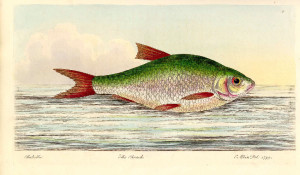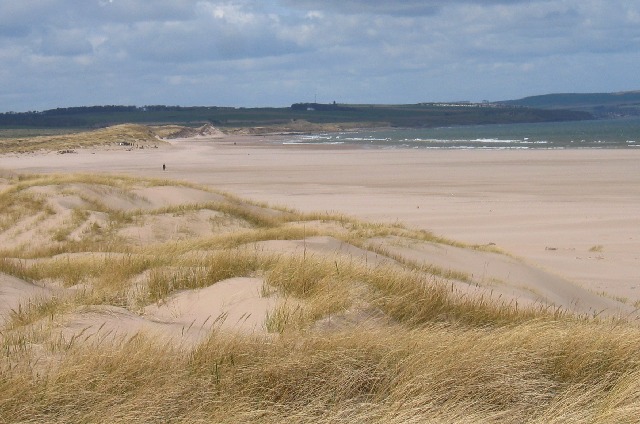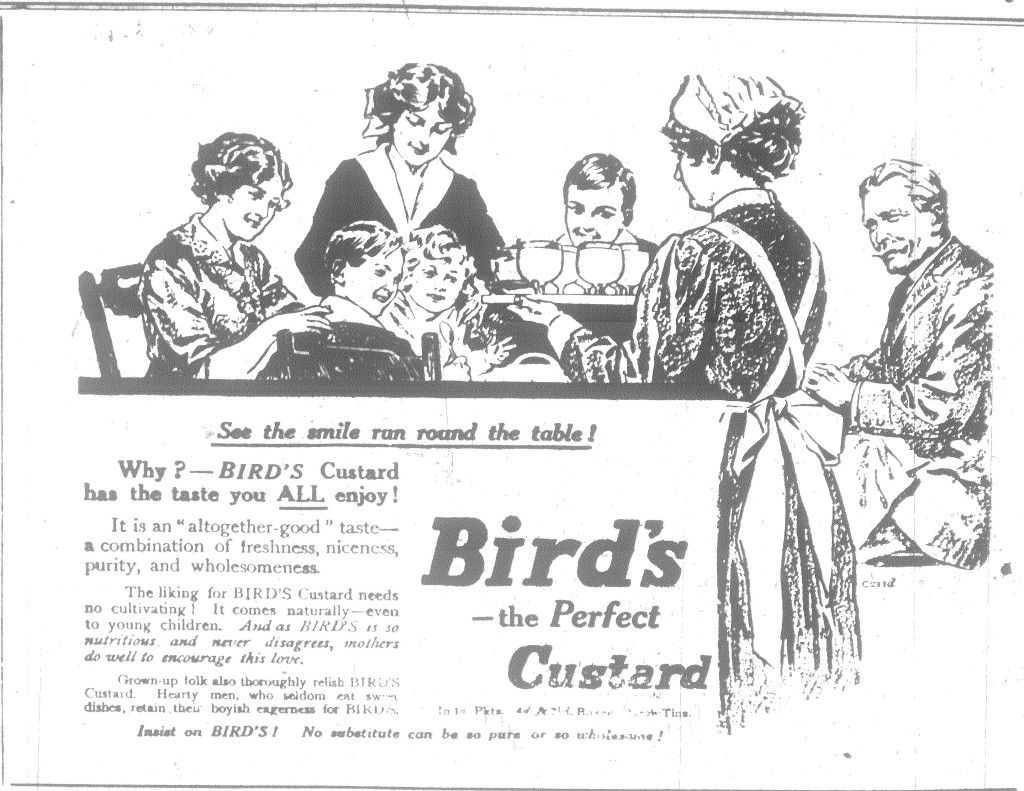
BERWICK ADVERTISER, 4 OCTOBER 1918
FETE DAY A THE BARRACKS
SPLENDID EFFORT ON BEHALF OF PRISONERS OF WAR FUND
It is quite a pleasure to visit Berwick Barracks now that the Medical Board does not insist upon “civies” showing off their good points in their birthday suits, and on Thursday afternoon the attractions offered at the Fete which had been organised were sufficient to repay all the discomfort suffered here under the Review of Exceptions Act. True there were the same old faces, the man who looked at your calling up notice, the man who sent you hunting upstairs for your medical history, the one who ushered you into the chamber of horrors, even the obliging clerk who made out your discharge and the gem of an officer who signed it, but they were all different and smiling serenely, looking as if it was a pleasure to welcome one, instead of a painful duty. Major McAlester, D.S.O., the popular C.O., was early about amongst his officers, men and helpers, and to the credit of all be it said that everything ran well up to the time table.
The afternoon, so far as weather was concerned, might have been better, there being a chilliness in the air, a factor which of course must be expected at this time of year. This in a way, we believe, affected the attendance somewhat, for there might well have been a much larger turnout for so deserving an object. A pleasing splash of colour was given to the grim old Barrack Square by the Guard, who were for the occasion in the red and tartan full dress uniform with Balmoral bonnets. It was quite a change to sea this after having become so used to the dull khaki, and the Mons ribbon on the breasts of some of these men showed that they had done their bit with the “Old Bills.”
WAR MEDALS AND RELICS EXHIBITON
In the Officers Mess in charge of Miss Bishop, assisted by Major Parkinson and Major McAlester, D.S.O., who described the exhibits, a fine collection of War Medals, Orders, and War Relics were on view. Amongst the medals shown were the V.C.’s awarded to C.S.M.’s Skinner and Grimbaldstone and Piper Laidlaw.

There were also on view Serbian Decorations, Belgian Croix de Guerre, French Crois de Guerre and Orders, Stars, and Decorations awarded to men of the K.O.S.B.’s in former wars. Round the walls were hung the new, and also the battle torn colours of the various battalions of the Borderers, while the machine Guns of the 6th Battalion proved a centre of great interest. The war relics comprised practically everything which could be picked up on the battlefield or behind the lines, and there were many valuable and interesting curios in the collection.
In a Barrack Room, “Tommie’s Home” could be seen at the modest sum of twopence, clean and tidy, and laid out just as it would have been for a General’s Inspection. Many visited this side attraction during the afternoon, and the smart and trim appearance of the rooms were favourably commented upon.
WAR NEWS
SPECIALLY MENTIONED

We are pleased to record that Lieut. Commander Willits, R.N.R., son of Mr H. W. Willits, has been specially mentioned in Despatches for escort, convoy and patrol work. He was in Australia when war broke out and on coming home was given the command of one of H.M. Torpedo Boats. He is now in command of a Destroyer and has seen much service on the French and Belgian Coasts.
BERWICK NEWSAGENT KILLED IN ACTION
Private William Hay
It is with deep regret that we record the death in action of Private Wm. Hay, K.O.S.B., husband of Mrs Hay, newsagent, Church Street, and son of Mr William Hay, baker and merchant, Berwick. The first news of this sad occurrence was conveyed in a letter from a comrade and this was confirmed by the official notice which arrived later.
“Willie” hay, as he was familiarly called in the town was a favourite with all who knew him. A thorough business man he built up a most successful newsagent’s enterprise many years before the war, and practically we might say after he had left school. He found time, however, to indulge in sport, and in the position of goalkeeper assisted Berwick Rangers and other teams in medal competitions. A good sport and a friend all will be sorry to lose, he will be missed in the year which are to come.
He enlisted under the Derby Scheme and after being allowed a little time to make business arrangements, joined up in the K.O.S.B. With that regiment he served in the Eastern Theatre of war, and along with him for a time was Private Robt. Clark, who in civil life was a newsagent at Tweedmouth.
We are sure we voice the feelings of our readers when we extend our heartfelt sympathy to his widow, in her great sorrow, and to his father.
LOCAL NEWS
A postcard has been received by Mr Johnson, West End, Tweedmouth from his son, Private T.S. Johnson, King’s Own London Regiment, who is a prisoner at Stammlager, Germany, returning thanks to the Mayoress (Mrs Plenderleith) for having sent him a parcel of food and comforts. We are glad to learn that Private Johnson is keeping well and hope he soon will be clear of confinement.

In the town on leave after having been for a long time in hospital recovering from wounds, we observe Sergeant Lawrence Simmon of the Black Watch, enjoying a leave. He has seen considerable service on the western front during his military career, and as he has done his bit we rust it will be a long time yet, if ever, when he again returns to the front.
HORNCLIFFE
Mr John Christison, second son of Mr Alex. Christison, India, and grandson of the late Ald. H. L. Christison, J.P., of Berwick, has had an unfortunate experience. He was in a Linconshire regiment, and after being invalided out was proceeding to India to take up a position there when the boat upon which he was travelling was torpedoed 200 miles from land. Mr Christison has lost everything, and is now back at Horncliffe staying with his aunt, Miss Turner.








